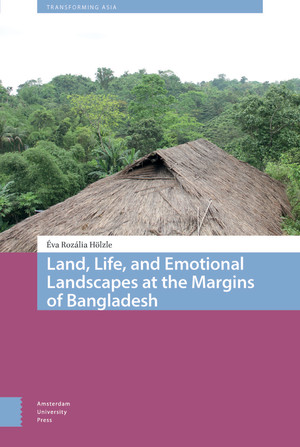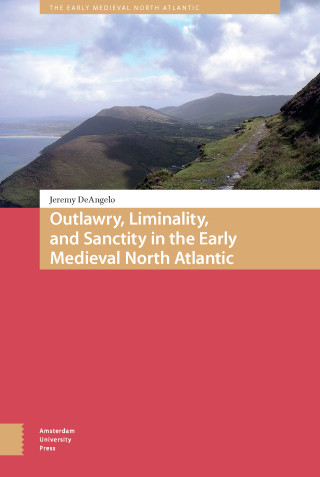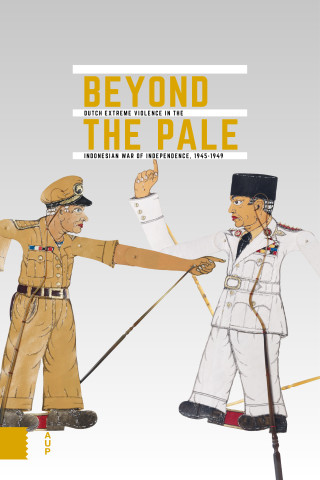Éva Rozália Hölzle
Éva Rozália Hölzle is a social anthropologist working as a research associate and lecturer at the Faculty of Sociology, Bielefeld University, Germany since 2011. She studied sociology and social anthropology at Eötvös Lóránd University in Hungary and at Bielefeld University, Germany. For this book she did extensive 24 months of ethnographic fieldwork in Bangladesh along the border to Meghalaya, Assam and Tripura.





